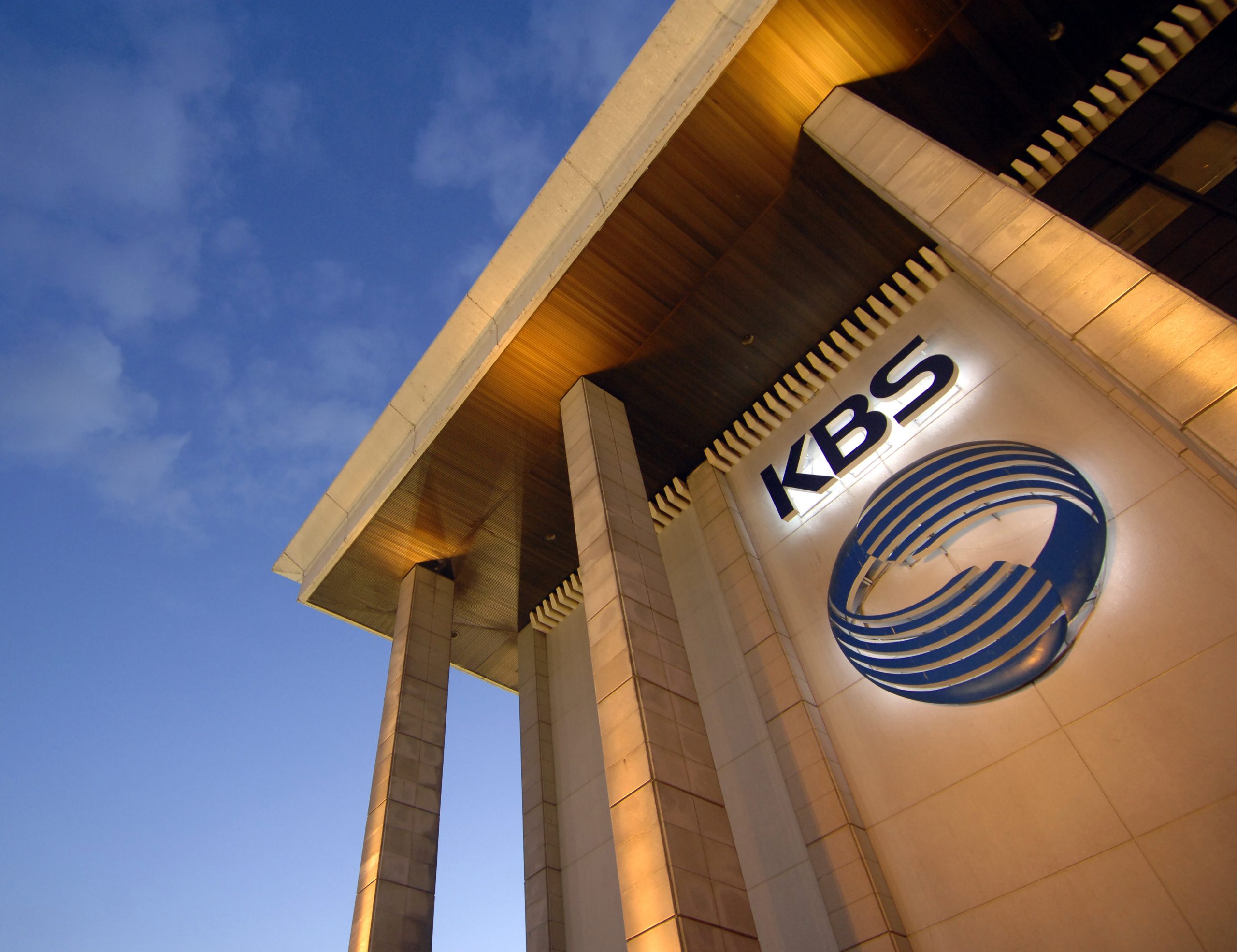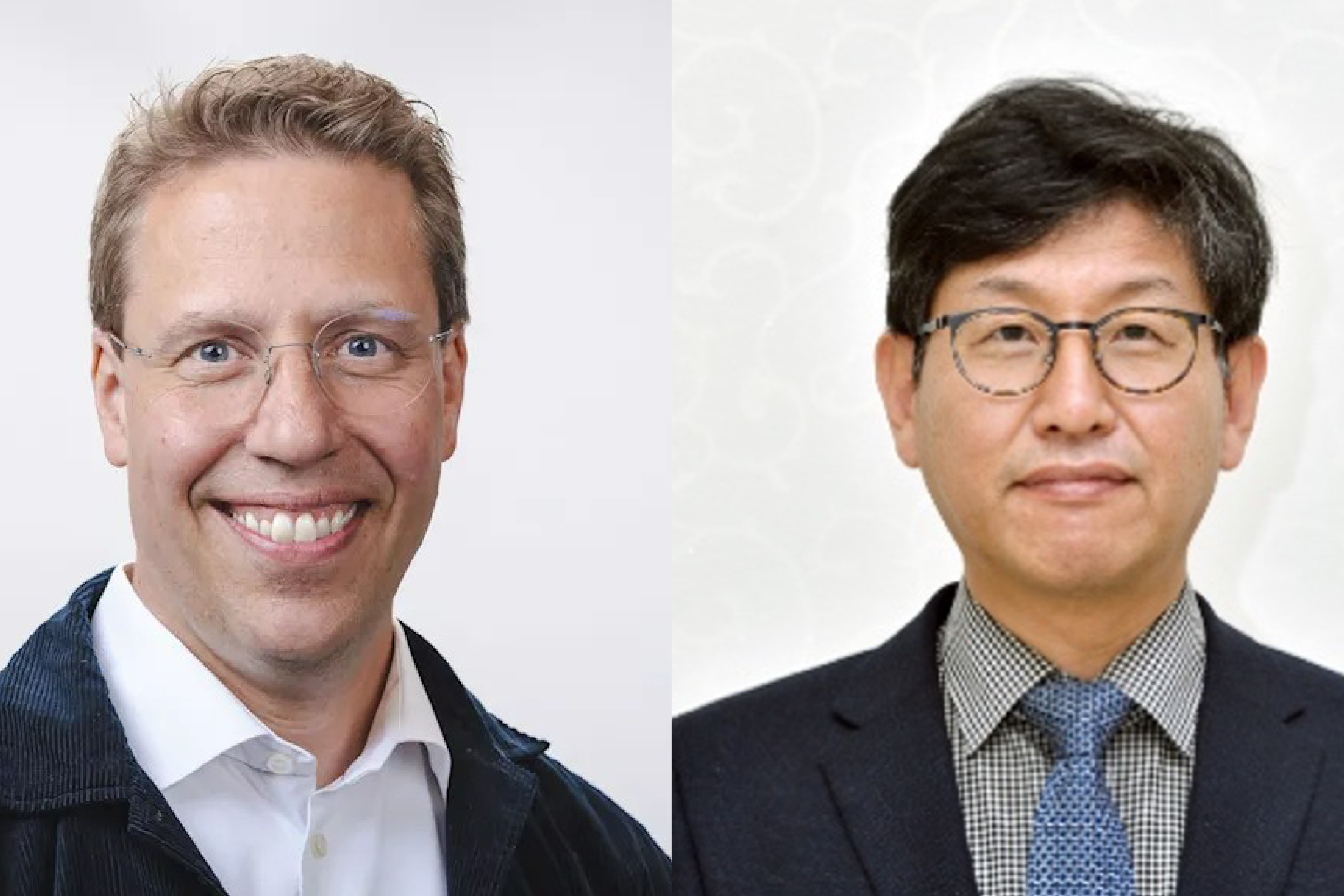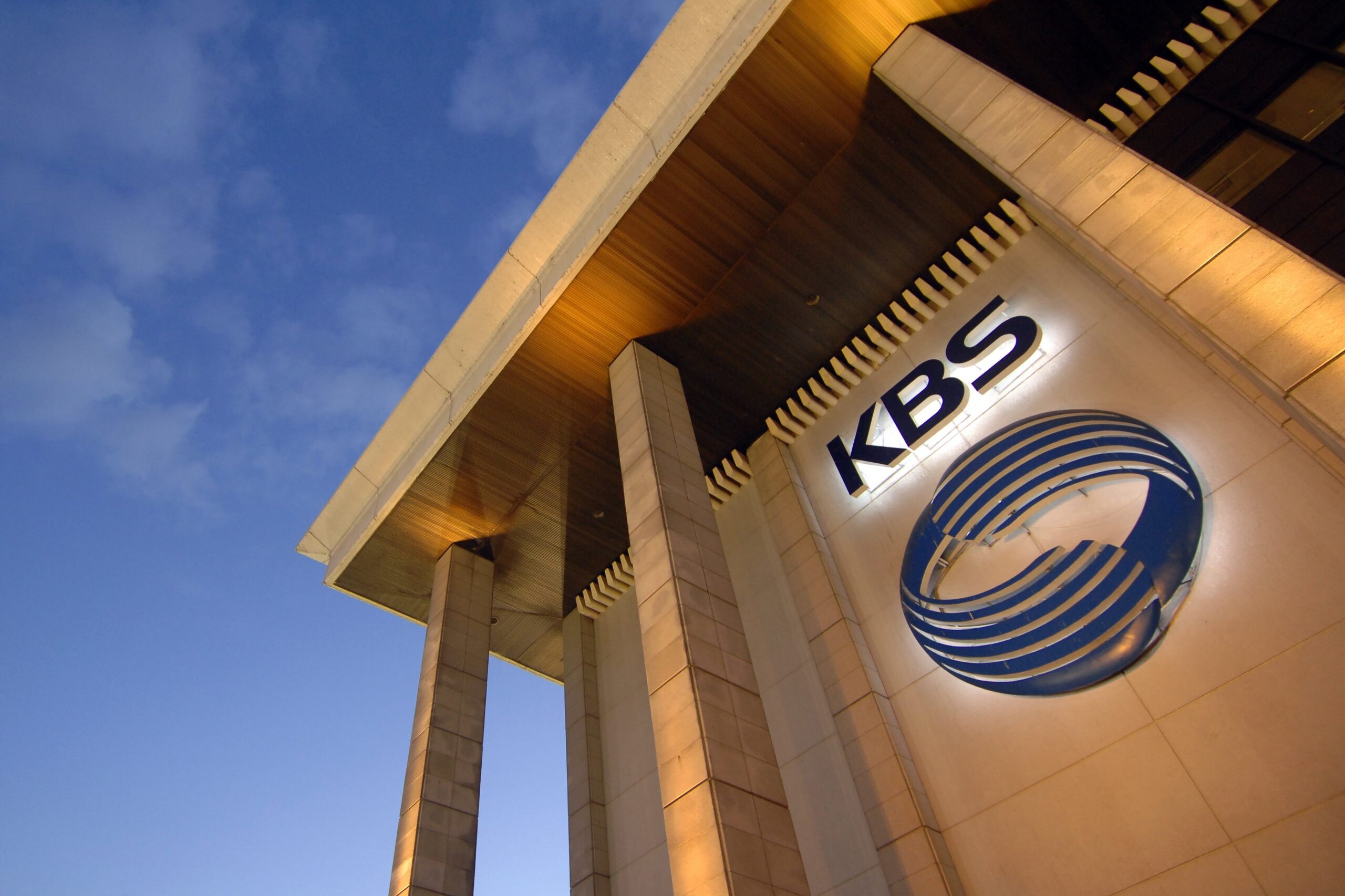Confusion and control: the ongoing crisis facing KBS
29th July 2023
Consumer confusion has reigned after the licence fee collection system was altered, while key personnel changes could have a decisive impact on the organisation.

The Public Media Alliance remains extremely concerned about public media in South Korea after the country’s Cabinet and President approved a measure to fundamentally alter the collection of the licence fee which could have severe consequences for KBS.
But there has reportedly been confusion over how the change will affect licence fee payers, while the government appears to also be making key personnel changes in positions of authority at public broadcaster KBS.
“The amendment … will force KBS to waste more than 200 billion Korean won”
The licence fee is currently collected by KEPCO, South Korea’s electrical distribution company, under an existing arrangement.
However, because of the amendment, the collection of the licence fee – which funds both the Korean Broadcasting System (KBS) and the Education Broadcasting System (EBS) – will now be separated, and KBS will have to find an alternative method of collecting it.
Read more: KBS raises issue with KCC’s approval of changing licence fee collection
The Prime Minister said the change was necessary due to “growing discontent with the method of collection”, KBS reported.
But the public service broadcaster anticipates the change will have a severe impact on the level of services KBS can provide. “The amendment to the enforcement decree of the Broadcasting Act will force KBS to waste more than 200 billion Korean Won (USD 175 million) in collection costs that could have been invested to fulfil its public missions, such as regional services, emergency broadcasting, services for the disabled, and international broadcasting service,” said CEO and President of KBS, Kim Eui-chul.
Following the decision, made on 11 July, KBS filed a complaint to the Constitutional Court although it is not known when the Court will make a decision.
Ongoing confusion amongst the public
However, although the law came into effect on 12 July, there has been immense confusion amongst the public about how the licence fee will be paid going forwards.
According to a joint press release from the Korea Communications Commission (KCC) and the Ministry of Trade, Industry and Energy, reported by Seoulfn, there will be a three month interim period while the infrastructure is built up for the fees to be collected separately.
Subscribe toour newsletter
Keep updated with the latest public
media news from around the world
MK reported that on the day after the licence fee change was approved, KEPCO’s call centre was inundated with calls, 70 percent of which were related to the separation of licence fees. 70,000 calls were made in total, 15 percent above the average number of calls.
Moreover, how the collection process now works for apartment administration offices – who may have already agreed electricity supply contracts with KEPCO on behalf of the residents – appears to be unclear. Negotiations between KEPCO and the Korea Housing Managers Association about licence fee collection broke down earlier this week.
The administration groups have demanded that KEPCO, in the interim period, continues to collect the separated licence fees.
Personnel changes
The confusion is a consequence of the rushed nature of the amendments, where consultation and engagement appear to have been side-lined. As such, it is not clear amongst any of the stakeholders how things should now operate and who is responsible. A possible consequence of this is that without any entity ultimately responsible for the collection, KBS could suffer an immediate drop in its expected revenue.
“The amendment … will force KBS to waste more than 200 billion Korean Won (USD 175 million) in collection costs that could have been invested to fulfil its public missions.” – Kim Eui-chul, CEO and President of KBS
Meanwhile, there have been several dismissals of KBS Board Directors. On 13 July, Yoon Seok-nyeon was dismissed. He has been charged with deliberately deducting points from TV Chosun when he was the Chair of a 2020 Comprehensive Channel Review.
It was this allegation which also led to the dismissal of the Chair of the KCC, Han Sang-hyuk. The South Korean President, Yoon Suk Yeol has now nominated Lee Dong-kwan, his special adviser for external relations, as the replacement.
KBS has since reported that the KCC has now initiated proceedings for the dismissal of a second member of the board, this time, the Chair, Young-Jin Nam. The Chair was accused of “reckless management, … unjustly intervening in the contents of management evaluation, and … fraudulent use of corporate credit cards.” The KCC will consider his dismissal next month.
If Mr. Nam is dismissed, the KCC will then be responsible for appointing two new directors. It is expected these positions will be conservative appointments, shifting the balance of the board, so that conservative directors outnumber liberal appointments 6-5. This would then put the position of current CEO and President, Kim Eui-chul – who was appointed by the previous administration – at risk, as the board has ultimate control over that position.
The current period for KBS remains one of instability and uncertainty over its future. Confusion around the funding mechanism, in both the immediate and long term has the potential to significantly impact on the services and output KBS provides as a public service media organisation. Ultimately, it will be Korean audiences who face the consequences of this, by not having a well-resourced, viable public service broadcaster.
While government input regarding board changes is nothing new at many public broadcasters around the world, what is particularly concerning is the level of government influence at a large number of key positions at both KBS and KCC, especially during this period of anticated drastic change.
What is critical is that these new appointees recognise the value and importance of having an independent, sustainable and well-resourced public service media, both for Korean audiences and for Korean democracy.
Related Posts
25th July 2023
PMA welcomes new Board members from KBS and Swedish Radio
The Public Media Alliance offers a warm…
6th July 2023
KBS Raises Issue with KCC’s Approval of Changing License Fee Collection
KBS has appealed the decision by the…
9th June 2023
KBS Chief Presses President Not to Alter License Fee Collection
The head of KBS has urged the…



